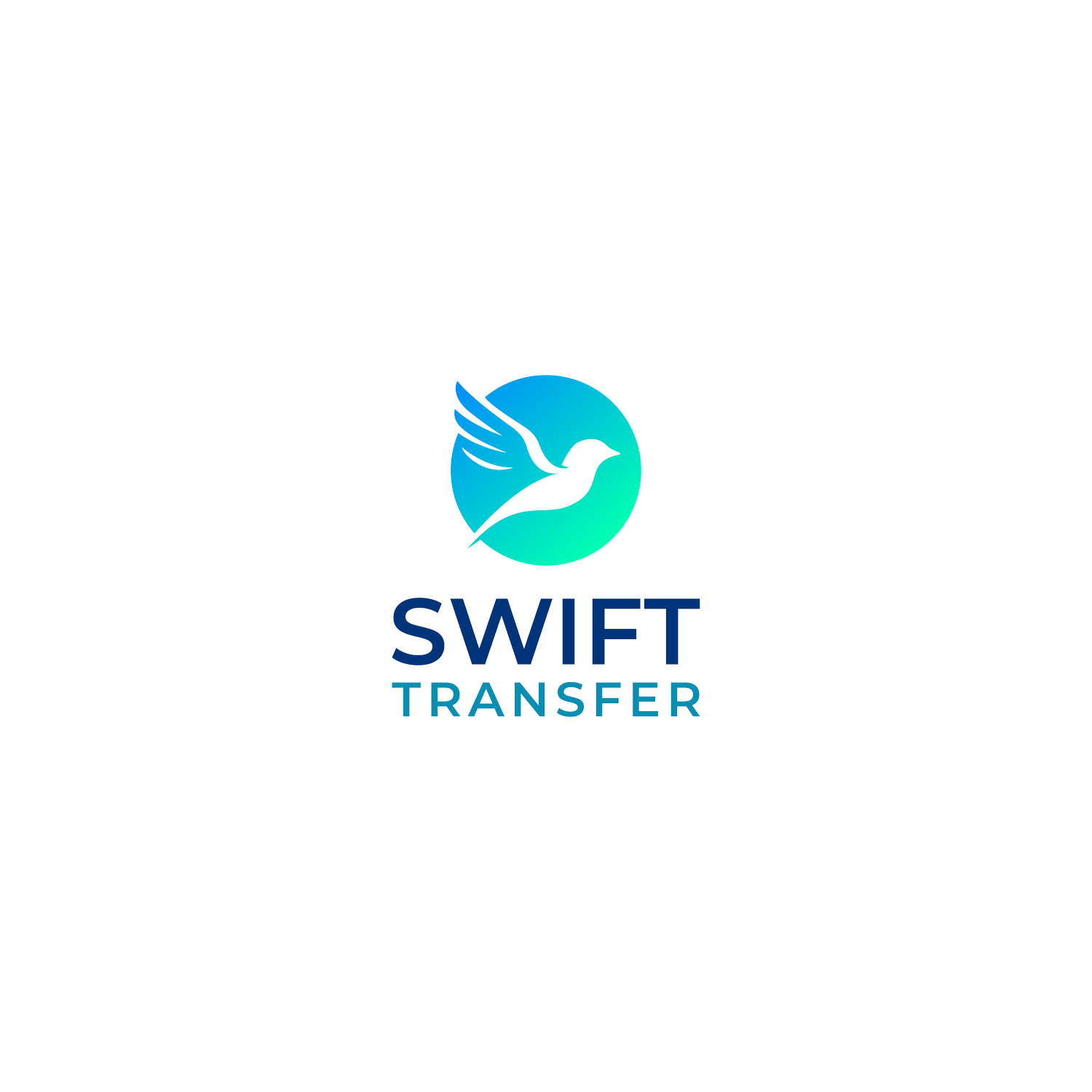Why Remittances Are a Lifeline for African Families
When you send money home, you're doing more than just transferring cash—you’re keeping families afloat, funding education, covering medical bills, and building futures.
For millions of households across Africa, remittances are a lifeline. Here's why they matter more than ever.
1. Paying for Essentials
Remittances are often used for:
Food
School fees
Rent or housing repairs
Electricity and water
Medical expenses
According to the World Bank (2023), remittances account for a significant portion of household income in many African countries, helping cover the basic cost of living, especially in areas where local wages are low or irregular.
2. Supporting Education
In countries like The Gambia, Ghana, and Nigeria, remittances help fund school fees, university tuition, and even internet access for online learning.
A UNESCO report (2022) found that remittance-funded households are more likely to keep children in school and pursue higher education, especially girls in rural communities.
3. Providing Emergency Relief
Remittances play a crucial role in times of personal or national crisis.
During the COVID-19 pandemic, for example, remittances remained a stable source of support even when other income sources disappeared. According to IFAD (2021), they were key in covering medical expenses and emergency housing costs.
4. Building a Better Future
Beyond immediate needs, families use remittances to:
Start small businesses
Buy farming equipment
Improve housing
A CGAP study (2021) found that remittance income is frequently reinvested into long-term assets, especially in rural African communities.
5. More Reliable Than Aid
The World Bank (2022) reported that remittances to low- and middle-income countries reached $626 billion, far exceeding total foreign aid contributions.
Unlike aid, which can be delayed or restricted, remittances go directly into the hands of families—fast and with purpose.
SwiftTransfer’s Role
At SwiftTransfer, we understand how powerful your money is. That’s why we:
Keep fees low
Deliver transfers instantly
Offer WhatsApp-based support
Partner with trusted agents and mobile wallets across West Africa
When you send money with us, you’re not just supporting a loved one—you’re strengthening a whole community.
References
World Bank. (2023). Remittances Data. https://www.worldbank.org
UNESCO. (2022). The Impact of Remittances on Education.
IFAD. (2021). Remittances and COVID-19 Recovery.
CGAP. (2021). Remittances and Financial Inclusion.
World Bank. (2022). Migration and Development Brief 36.

